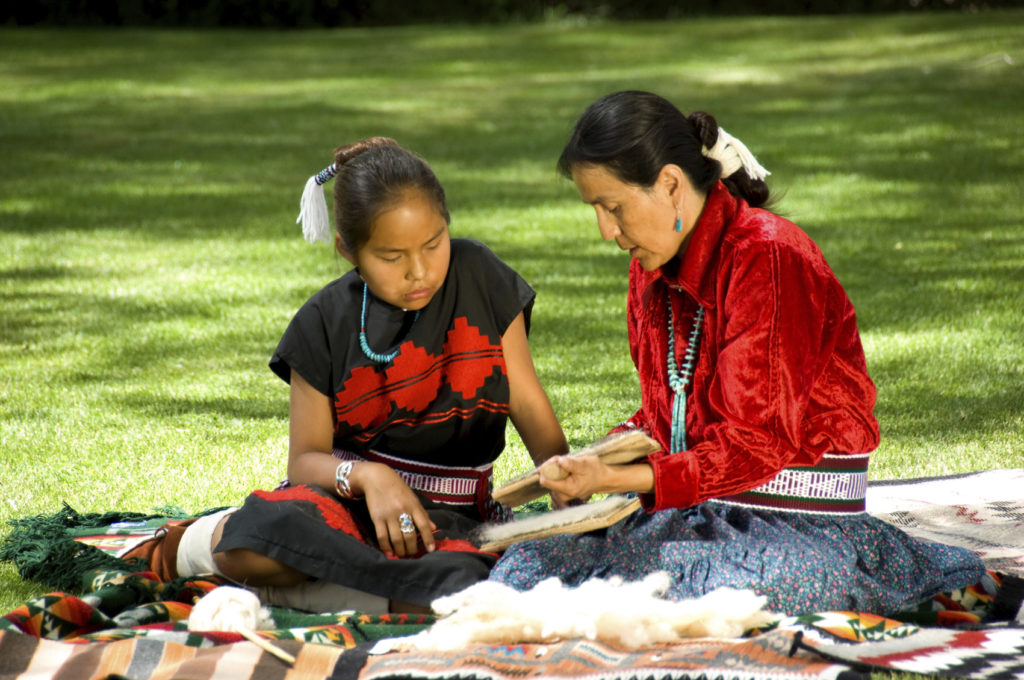Grandmothers’ roles are changing from beloved ancestors to authority figures with the recent rise in kinship care among Native American families.

For too many Native Americans, life’s prospects are grim. In 2014, The Washington Post reported that young Native American adults are twice as likely to die before they turn 24 than young adults of other ethnicities. Just as alarming, they also reported that Native American women are more likely to be assaulted and/or sexually abused than other women, and young Native Americans are three times as likely to commit suicide than their counterparts of other races. These devastating statistics can often be traced back to substance abuse.
In May of 2016, The New York Times reported on the crystal meth epidemic among Native Americans and the heartbreaking consequences of addiction, not only for the addicts themselves but also for the other members of their tribes, especially children.
“We have mothers giving their children away for sexual favors for drugs,” Tribal Chairman Floyd Azure told the reporter. “We are in crisis mode.”
But one particularly brave group is stepping up to quiet the chaos. Nationwide, Native American grandmothers are taking in their grandchildren at record rates. They are also banding together to raise awareness about drug and alcohol abuse.
“We decided we’re not going to take that. We’re going to stand up,” Delberta Seminole Eagleman, who is raising her six grandchildren alone, told The New York Times. She hopes to organize grandmothers to protest drug abuse and urges fellow grandmothers to use tribal courts to order their sons and daughters into rehab.
According to U.S. Census figures, even at a time when kinship care is on the rise as an alternative to “stranger” foster care, Native Americans have the most grandparent caregivers in the country. Traditionally, these matriarchs have always played an important role in raising their grandchildren, teaching them Native American culture and watching them while their parents work. But in recent times, their purpose has changed.
“It’s not so much in the traditional sense,” said Joanne Dunn, executive director of training and education at North American Indian Center of Boston (NAICOB), about kinship care among Native American families today, “as it is an urgency to save your family.”
To learn more about Eagleman and her efforts to unite grandmothers against drug and alcohol abuse among Native American Tribes, click here.
